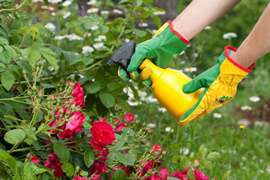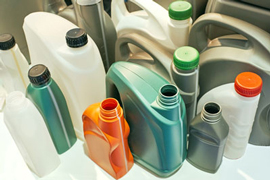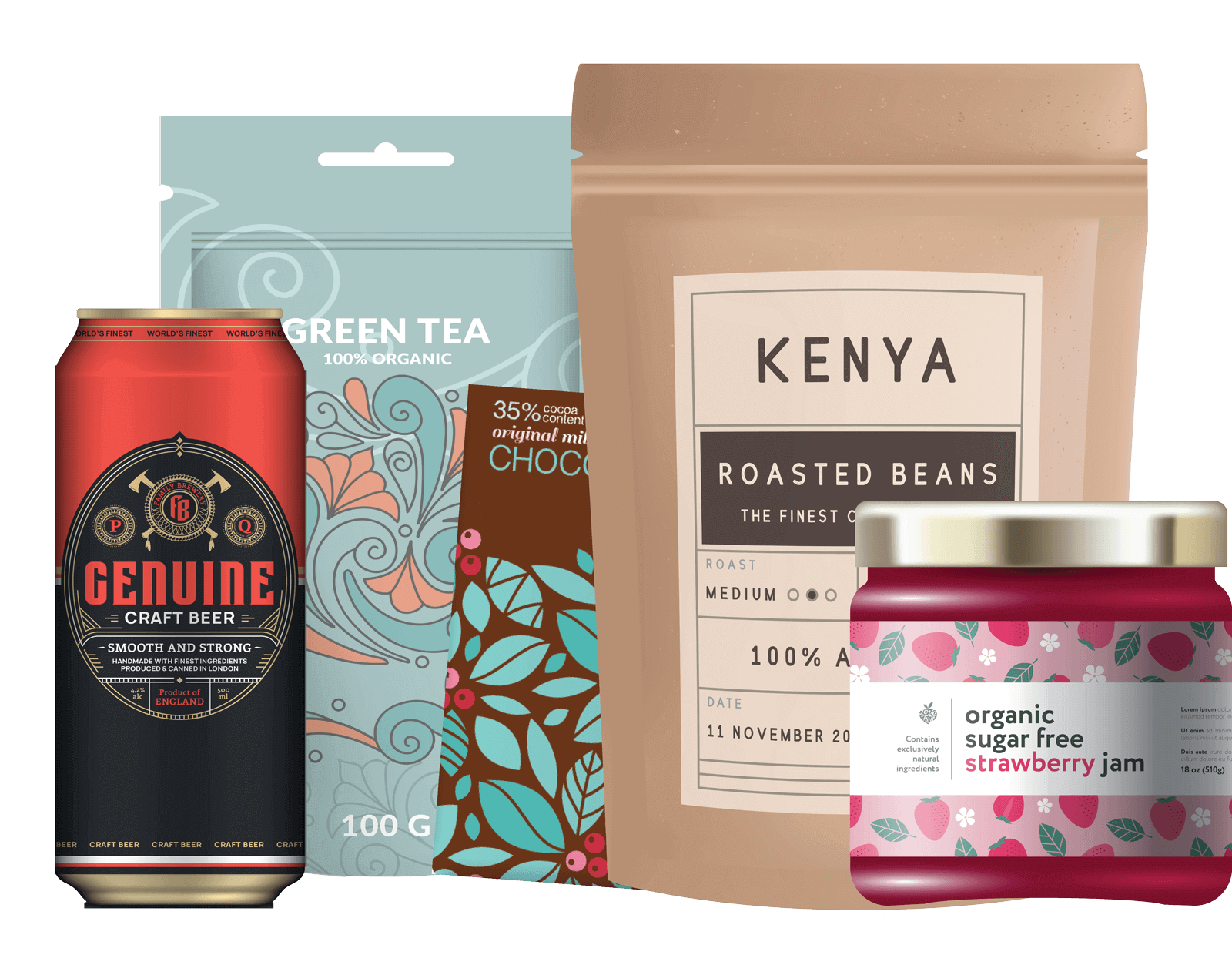What is Fluorination?
Simply put, fluorination modifies the surface of and adds a chemical barrier to an existing container. The fluorination process treats both the inside and outside of the containers with fluorine gas. This process improves the surface properties of plastics, making them suitable to contain and withstand harsh contents.
When packaging harsh chemicals, untreated plastic packaging can exhibit paneling and distortion, putting the packaged contents at risk of leaks and contamination. Without proper fluorination, harsh chemicals can eat away at the plastic material and lead to overall deterioration of the product. Fluorination enables plastic containers to be used to package many different chemicals and solvents without paneling or distorting.
Some containers are fluorinated during the manufacturing process. However, these container options may not fit the brand image desired. Manufacturers and marketers can choose to fluorinate containers after they have been manufactured. This allows for the same chemical barrier to be applied to almost any plastic container, including thousands of available stock molds!
Things to Consider
When it comes to plastic, there isn’t a one size fits all solution. There are many types of plastic, and not all can be fluorinated. Fluorine interacts best with HDPE, LDPE, PP, and PVC plastics. PET plastics cannot be fluorinated.

As mentioned, fluorination treatment can be applied during or after the manufacturing process of the container. however, once a container has been fluorinated, the process cannot be undone.
Why Fluorinate?
Fluorination protects both the packaging and the contents of products that contain harsh chemicals. Products that are often fluorinated are automotive products, household cleaners, industrial chemicals, and paint thinners.

On top of protection of the packaging and its contents, the fluorination process also improves surface adhesion, reduces friction and stickiness, allows for better bonding and adhesion, and allows less permeation, diffusion, and migration. Fluorination is a must for harsh chemical manufacturers who need dependable packaging.
MJS Packaging Solutions
The fluorination process is complicated and has a lot of caveats to consider. Fluorination may not be compatible with the contents of your container. We strongly recommend you always test the compatibility with samples before purchasing the full amount.
MJS Packaging has extensive experience with the fluorination process. We are happy to advise you on whether it is right for your product. Contact one of our knowledgeable packaging solutions specialists today to get started by calling us at (800) 915-2262 or visiting our Contact Us page.




